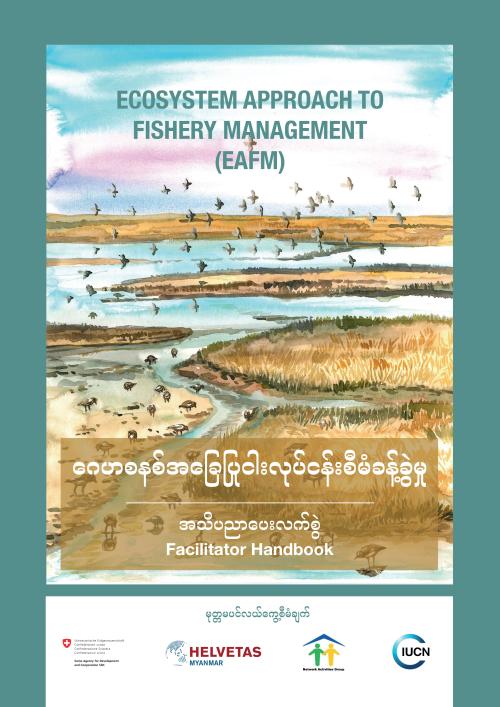Although inshore fisheries and agricultural sector are supportive to millions of local communities along the coastal region of Myanmar, living conditions of communities residing in the coastal villages are still low and they have very limited livelihoods capability. Fisheries-based community development should be considered as one the major implementations for socio-economic development of Myanmar. Currently, there are difficulties and challenges for the development of inshore, inland fisheries and other livelihoods due to the decline of fishery resources, degradation of critical habitats and ecosystems, environment and water pollution; and natural disasters, etc. Three major issues/factors should be taken into account for poverty alleviation and improvement of other fishery related sectors through sustainable inshore fisheries: firstly, decline of fishery resources resulted from overfishing and illegal fishing; secondly, negative impact on sustainability of fisheries and other sectors by taking benefit of coastal resources in many different ways; and lastly, lack of effective and applicable policy in spite of local people’s reports on the above mentioned issues and poor cooperation of governmental departments. In conclusion, it is indeed required to develop a relevant and inclusive management framework that ensures future livelihood security for rural communities. Therefore, the Gulf of Mottama Project designed this “Ecosystem Approach to Fishery Management (EAFM)” Community Facilitator Handbook for the purposes of initiating the implementation lead by local communities themselves in the future and raising awareness.
Published By:
Published Date:
